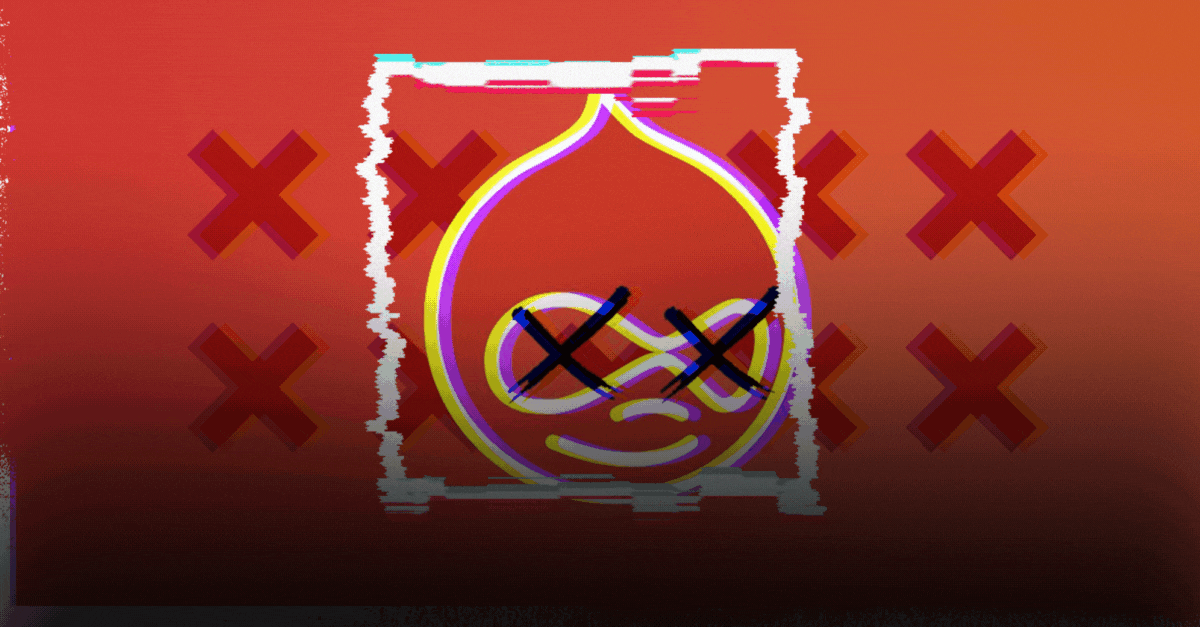If your website relies on Drupal 7, a major milestone is approaching. Come January 2025, Drupal 7 will officially reach the end of its support lifecycle. This means no more updates, security patches, or new features—leaving your website vulnerable and outdated.
So, what does this mean for you? More importantly, how can you turn this challenge into an opportunity to future-proof your digital presence? Let’s break it down.
What Is a CMS and Why Should You Care?
There are a lot of acronyms in the web development world to keep straight. SEO, CRM, SERP, CDN, and CMS are just a few important ones.
CMS is particularly important, considering that more than 68 million websites are built with one. So what is it? With a CMS, you can create, manage, modify, and publish content on your website in a user-friendly interface. You can have multiple users working in the back end of the same tool. With a CMS platform, you can access and edit your site on virtually any device with an internet connection. That’s much easier than the alternative of building a site from scratch, which requires you to be on a device connected to the server or connect remotely.
Plus, most CMS systems have a single dashboard or control panel where you can access your site’s content, theme, plugins, settings, and more — all in one place.
What Happens When Drupal 7 Support Ends?
When Drupal 7 reaches its end of life, the risks for your website multiply. Here’s why:
- Security Threats: Without ongoing updates, your website becomes a target for cyberattacks. Hackers actively exploit vulnerabilities in outdated systems, leading to potential data breaches, reputational harm, and costly recovery efforts.
- Outdated Technology: As web standards and user expectations evolve, your website may fall behind. Incompatibility with modern browsers, tools, and integrations could degrade your user experience, driving visitors away.
- Soaring Maintenance Costs: Finding specialists to maintain unsupported platforms becomes increasingly difficult and expensive. Investing in a newer, more efficient system is often a more cost-effective solution in the long run.
Why Migration is an Opportunity to Innovate
The end of Drupal 7 support doesn’t just signify a need to act—it’s an opportunity to enhance your website and your business strategy. Migrating offers several benefits:
- Enhanced Security: Platforms like Drupal 10 are equipped with the latest security features to protect against modern cyber threats, keeping your data and reputation safe.
- Better Performance: Newer platforms deliver faster load times and a smoother user experience, which translates to higher user satisfaction and improved search engine rankings.
- Access to Advanced Features: Upgrading opens the door to innovative tools and integrations, enhancing content management, marketing efforts, and user engagement.
- Future-Ready Infrastructure: By migrating, you ensure your website can adapt to changing technologies and grow alongside your business, avoiding future technical debt.
How to Navigate Your Migration
Moving from Drupal 7 to a modern platform may seem like a daunting task, but with a well-structured approach, you can make the transition seamless. Here’s how:
- Assess Your Current Website
Conduct an audit to evaluate your site’s performance, functionality, and vulnerabilities. This will help determine your specific migration needs. - Plan the Migration
Develop a migration roadmap that aligns with your business goals. Whether you opt for Drupal 10 or another CMS, tailor the migration process to suit your requirements. - Partner with Experts
Migration can be complex, but with professional guidance, you can avoid downtime and ensure a smooth transition. Work with a trusted partner to handle everything from planning to execution. - Secure Ongoing Maintenance
Post-migration, ensure your website remains secure and up-to-date with a robust maintenance plan. Regular updates and monitoring are key to long-term success.
Why Act Now?
With January 2025 fast approaching, the time to plan your migration is now. Starting early reduces risks, ensures a seamless transition, and positions your business to thrive with a modern, high-performing website.
Conclusion: Embrace the Opportunity
The end of Drupal 7 support isn’t just a challenge—it’s a chance to evolve. With the right strategy, you can turn this transition into an opportunity to enhance security, performance, and scalability.
Need help? At Position : Global, we specialize in Drupal migrations and digital transformations. From initial assessments to full-scale migrations, we’re here to guide you every step of the way. Contact us today to secure a future-ready digital presence and keep your business ahead of the curve.
Let’s make this transition the start of something bigger and better for your website. Reach out now, and let’s get started!




